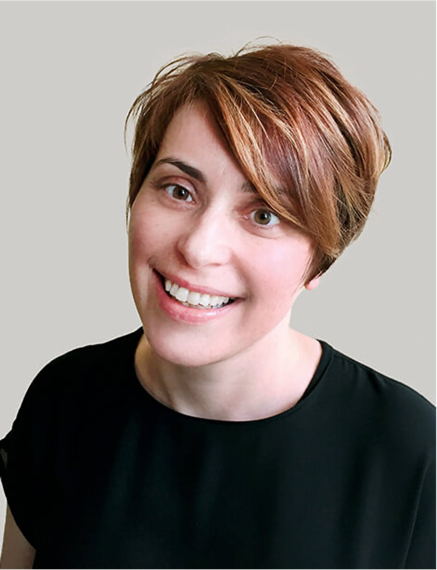Training courses
The Jan Kochanowski University in Kielce is implementing the Gender Equality Plan adopted in 2022 .
One of the activities consists in access to training for the staff, doctoral students, and students of the university.
We invite you to take a look at the resources and webinars concerning gender, equality, and diversity in science, titled.: „Stereotypes, unconscious bias, and discrimination in research and universities as places of scientific activity, education, and work”.
The materials (presentation, training material, recording) are divided into 5 thematic blocks. We wish you an interesting read!
Module 1. Unconscious bias in the workplace
- Mansfield Park – Diversity vs variety. The basic framework of identity and categorisation. The dimensions and consequences of (a lack of) diversity in science and the academy.
- Pride and prejudice – What are implicit biases? How do they impact our behaviour? Why is it so difficult to get rid of them? Exercises.
- Reason and sensitivity– What is inclusive culture? How to build it? Why is it so important to mitigate the effect of implicit bias?
Module 2. Gender perspectives in scientific research
- Gender Bender – How does the „gender-blind” approach differ from „gender-sensitive” and "gender-specific”? What does the research say, taking into account both the sense of justice and the quality of the results?
- The Importance of Being Ernest– Is research quality related to gender? Diversity, gender, and excellence of research.
- The Ideal Husband– Gender mainstreaming in science – when and how?
Module 3. Equality of opportunities and non-discrimination in research projects
- Formal requirements for regional, national, and international projects concerning equal opportunities and non-discrimination, including accessibility for persons with disabilities. What to pay attention to? and how to implement the principle of equal opportunities and non-discrimination.
- Horizontal and vertical approaches in defining equal opportunities in projects – methodologies.
- The principle of gender neutrality in the context of a project and product, and building balanced project teams.
Module 4. Wanted - equality in career promotion and university recruitment
- Formulating expectations concerning competences, motivation, and commitment – methods of identifying stereotype-based distortions.
- Verbal and non-verbal markers of status and identity – exercises.
- Cultural phenomena and their role in the process of formulating judgements – exercises.
Module 5. Inclusive language
- What are micro-messages, micro-inequities, or micro-aggression? What are the most common forms of exclusion in formal and informal communication in research and university? Is “mansplaining” microaggression?
- Individual, team, and institutional sources of inequality in communication and language and their consequences.
- Identifying and neutralizing microaggressions andexclusionary language.
Host:
 dr Kinga Wysieńska – Di Carlo
dr Kinga Wysieńska – Di Carlo
She specialises in issues concerning social research methodology, inequalities and group processes.
From 2012 to 2015, she was part of the Migration Advisory Panel at the Office of the President of the Republic of Poland. She co-created the Diverse Warsaw program and evaluation programs within the Warsaw Culture Offices and the Centre for Educational and Social Innovation and Training (WCIES). She cooperated with research institutions and think-tanks in Poland (e.g. Fundacja Instytut Spraw Publicznych, Stowarzyszenie Interwencji Prawnej, Polskie Towarzystwo Prawa Antydyskryminacyjnego), Great Britain (University of Portsmouth), and USA (Deans for Impact, Albert Shanker Institute, The Learning Agency).
The author or co-author of publications concerning measuring discrimination, gender, maternity, and national and ethnic inequalities on the labour market, as well as in terms of processes of status diversity, trust and legitimacy of inequality.
A graduate of SYMLOG Consulting Workshop, San Diego and the School of Trainers and Coaches of the MATRIK Association of Consultants and Trainers in Krakow. She gained her knowledge and experience in Poland (Jagiellonian University, Collegium Civitas, Polish Academy of Sciences) and the United States (University of Iowa, University of South Carolina, Cornell University).

The training is carried out in terms of the project ATHENA – Implementing gender equality plans to unlock research potential of RPOs and RFOs in Europe

The project received funding from the EU's Horizon 2020 Framework Program for Research and Innovation Support, as stipulated in Contract No. 101006416.








